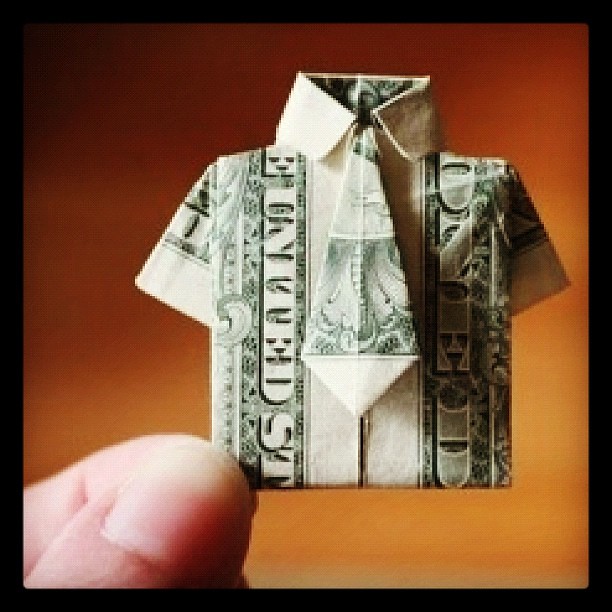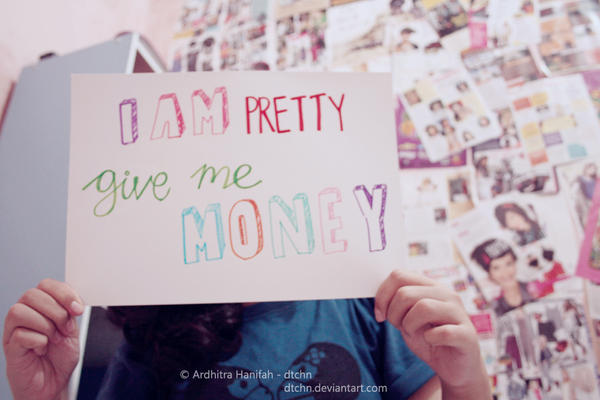
I felt
selfish for writing my letter, and sending it out to close friends I knew would
follow through on my wishes. I only
asked that my family be looked after when I was gone. Most of the guilt came from the fact that I
hadn't really been able to look after them myself yet. My family had always looked after me, and
supported me monetarily when the occasion called for it. After my first year in NYC, I began to gain
financial independence. I worked in
project management and brought home a decent salary. But I was a contracted employee, and
eventually my contract ended. It wasn't
long before I was on my own again, with a dwindling savings account in a city
that's prohibitively expensive. I spent
a few months toying with the idea of writing for a living, and I even worked on
a book project. The money was going
fast, and I was only able to work a few days on another project. It was at that point I noticed that something
was wrong, and a cancer diagnosis promptly followed. I didn't have much of an opportunity to pick
myself back up after that. It was on to
surgery and immunotherapy instead. I
didn't fully know it yet, but my working days would be over for a while.
I
wondered if I'd actually done something wrong.
If I'd made a mistake and hadn't prepared to the best of my ability,
even though I could never have predicted what happened. All the same, I began to wonder what I should
have had in place at that point, in order to protect myself against unexpected
hardship. To answer that question, I
spoke with Bryan Mills, a financial consultant with Investors Capital.
 |
| "I'm not made of money, but my clothes are" |
"One
of the biggest things I always ask someone I speak to is, do you have six
months of living expenses in the bank?
Six to twelve of months of real cash.
Whatever your monthly expenses are, you have to be able to cover at
least six months." It's no secret
that the average person needs to be saving, in order to cover their bases. But how do you go about this? "Write down what's called a
T-Chart," says Mills. "Income
on the right side, outflow on the left.
Write down every single expense: food, bills, car, gas, insurance,
travel. Go through line by line and see
if there are things you can cut if you need to."
Seems
simple enough. But what about when
something serious happens? What can the
average person do to protect themselves in case of an unexpected health
crisis? "Level premium term life
insurance is important for everyone to have," says Mills. "You can usually get it dirt cheap. The average cost of a funeral today is over
$10,000. A 20-30 year term policy is
relatively easy to qualify for and would cover the expense, instead of leaving
your family to pay out of pocket."
Age and health are a factor though, and policies will cost you more as
you get older. "Most people think
they're safe. 'My company is going to
give me all this insurance,' they think.
But what happens if you leave the company? Most group insurance isn't portable. Personal insurance is the best way to make
sure you're covered. And it has to be
through a company with a superior credit rating, otherwise they might not be
able to make good on their obligations in a really bad situation."
What if
you're just starting out in life? And
you can't afford a term policy, even though Bryan would argue that a lot of
them are very affordable, there are still instances in which any expenditure
seems like too much.
"Budget
yourself," says Mills. "Don't
spend wildly or erratically. You can
treat yourself, but really be conscious about what you're spending. There are apps that can help you."
Apps! Apps!
Of course! As a millennial, born
into an era of increasing technological dependence, I was very happy to hear
that. In my day-to-day adventuring, I
use a host of apps to make life easier, to entertain myself, and to annoy as
many people as possible. And so I
figured that being a financial consultant, Bryan would have the skinny on the
best gadgets in the financial field.
Turns out, he does. So what are
these magnificent software-laden golden geese?
Bryan gives us the rundown:
From the
glorious minds behind Mint.com, the app version of the site provides all of
your financial needs at the tips of your fingers (or thumbs). It tracks your spending habits and cash flow,
and creates a personalized budget based on your needs. Just add your banks and credit cards, and
watch your custom graphs load up and head deep into the red (oh, that doesn't
happen to everyone?).
Run by the Life and Health Insurance
Foundation for Education, a nonprofit that helps people find the insurance
that's right for them. They offer options based on your current needs,
providing various calculator and estimator tools to help you figure out what
kind of coverage you require. They have an Iphone app, and a website with
resources for consumers and advisers alike.
This is
Bryan's very own app. "For someone
who just started a job or is new to the workforce, it'll help you plan for the
future," he explains. His goal is
to get you from here to a healthy retirement, without pushing expensive
products down your throat. The app is
completely unbiased, and comes with two categories: "Retire Logix,"
for those looking to plan for the long-term, and "Student Logix,"
designed specifically for the academics among us. Anytime you feel like talking to Bryan in
more detail, click on "Consult with Bryan?" and you can dial him up or
send him an email. I personally send him
life-sized cardboard cutouts of my face, but he tells me that emails work just
as well. Retire Logix was rated among
the top 100 apps of 2011 by Money Magazine.
It turns
out there are options for protecting yourself financially in a crisis. Granted, it's very difficult to manage, and
no one knows this better than myself.
But I'm trying my best to get back on my feet, and if you're looking to
do so as well, I hope this information will be of use.
Image Credits: Top -- Pumice on 20 dollars, by Robert DuHamel via Wikimedia Commons; Middle -- I'm not made of money, but my clothes are, by Craighton Miller via flickr; Bottom -- I am PRETTY give me MONEY, by dtchn via deviantart
Disclosure:
I wrote this article myself, and it expresses my own opinions. I am not
receiving compensation for it. Bryan E.
Mills is a financial consultant who offers securities through Investors Capital
Corporation. Member FINRA/SIPC. 800-949-1422.
The views and opinions offered by Bryan Mills in this piece should not
be construed as specific investment advice.
You should consult an investment professional regarding your unique
situation.



.jpg)